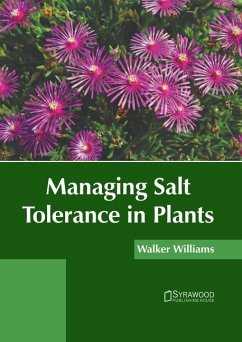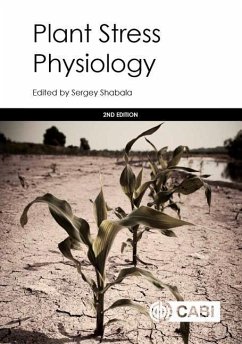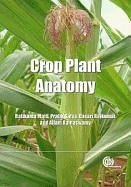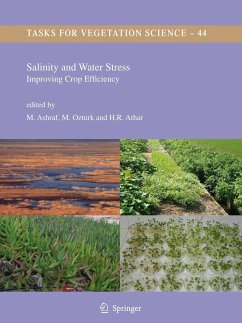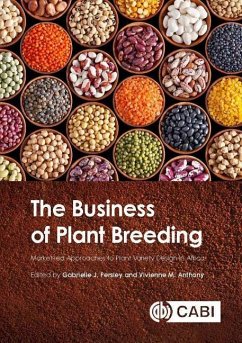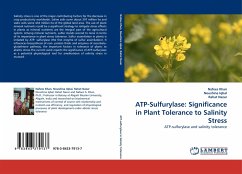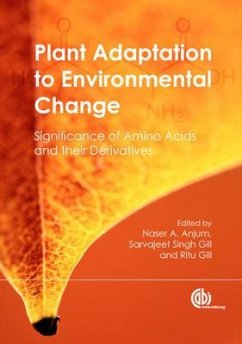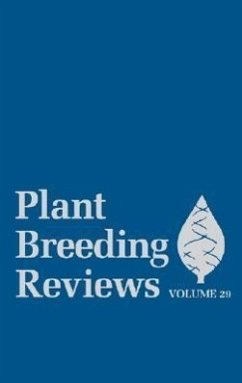
Handbook of Plant Salinity Tolerance
Versandkostenfrei!
Versandfertig in über 4 Wochen
133,99 €
inkl. MwSt.

PAYBACK Punkte
67 °P sammeln!
Plants are exposed to a number of biotic and abiotic stresses. Soil salinity is one of the major abiotic stresses, which negatively affects plant growth and crop production. Stress due to salinity leads to various changes in the physiological and metabolic processes based on the severity and duration of the stress. In the initial stages, soil salinity leads to osmotic stress, which causes physiological changes such as nutrient imbalance, interruption of membranes, decreased photosynthetic activity, and inhibition of the ability to detoxify the reactive oxygen species. In the later stage, soil ...
Plants are exposed to a number of biotic and abiotic stresses. Soil salinity is one of the major abiotic stresses, which negatively affects plant growth and crop production. Stress due to salinity leads to various changes in the physiological and metabolic processes based on the severity and duration of the stress. In the initial stages, soil salinity leads to osmotic stress, which causes physiological changes such as nutrient imbalance, interruption of membranes, decreased photosynthetic activity, and inhibition of the ability to detoxify the reactive oxygen species. In the later stage, soil salinity leads to ionic toxicity that leads to nutrient imbalance in the cytosol. In order to overcome salinity stress, plants have developed several mechanisms such as ion homeostasis and compartmentalization, ion transport and uptake, generation of nitric oxide (NO), and synthesis of polyamines. This book includes some of the vital pieces of works being conducted across the world on various topics related to plant salinity tolerance. It will help the readers in keeping pace with the rapid changes in this area of study.



